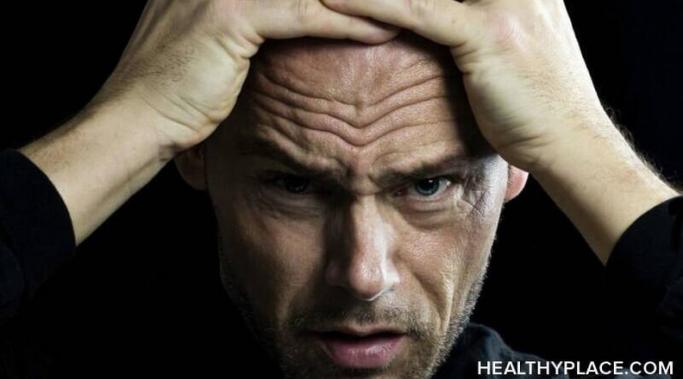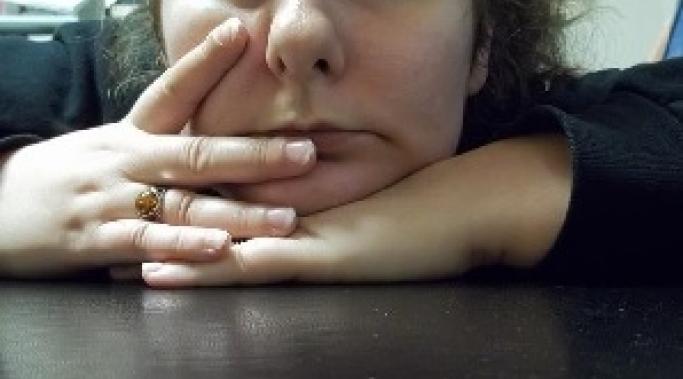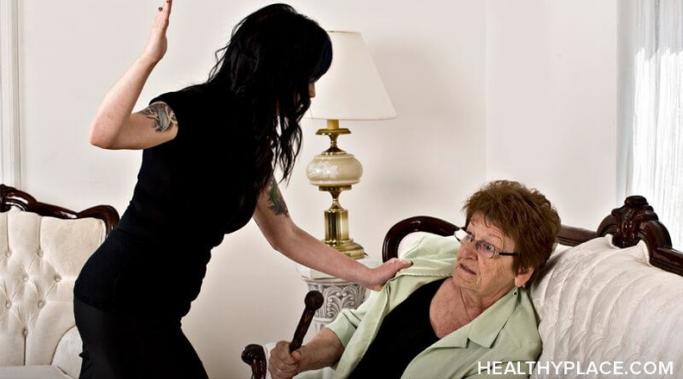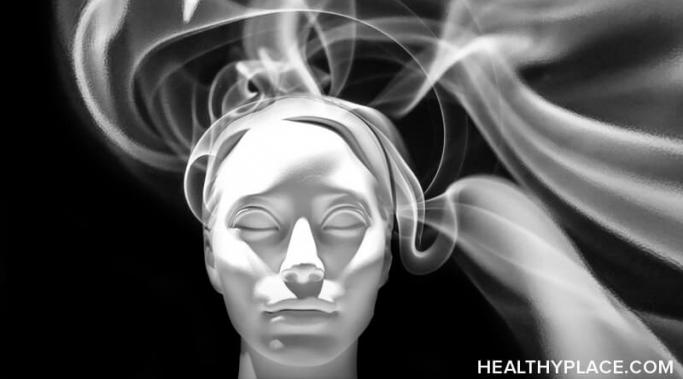So many people with schizophrenia or schizoaffective disorder smoke cigarettes, it seems hard to imagine that they could not only quit smoking but stay smoke-free. But I did it – after several tries – even though I felt hopelessly addicted to cigarettes. So I firmly believe that if I did it, anyone can do it. Here’s how I, one of the many people with schizophrenia or schizoaffective disorder who smoked, quit and stay smoke-free.
Schizoaffective Disorder
Most people with schizoaffective disorder take medication for their condition. Whether I like it or not, I don’t think I could function as a rational human being without medication (Schizoaffective Disorder Treatment). But what is it like to need to take medication for schizoaffective disorder, which includes symptoms of psychosis and the symptoms of a mood disorder?
“Prayer” is one of those words people with schizophrenia or schizoaffective disorder just don’t want to hear. It’s like “yoga” or “meditation.” The problem occurs most often when one of these is suggested as a substitution for medication. Such an alternative is, of course, ridiculous and risky. But, while I’m not suggesting it would work for everyone, prayer helps me with my schizoaffective disorder, along with treatment. The way it helps might not be what you expect.
I try my best to avoid mania in my schizoaffective disorder. Schizoaffective disorder is a combination of bipolar disorder and schizophrenia. If you think that sounds like it really sucks, you’re right. The mania of bipolar disorder is what brought on my first psychotic episode. During mania, I’ve done some very irresponsible things, like overspending during compulsive shopping sprees. Fortunately, I’ve reached a point in my schizoaffective disorder where I can see the warning signs of mania and divert them to some degree (Managing a Manic Episode). I do usually manage to avoid mania in my schizoaffective disorder.
Going on vacation with schizophrenia or schizoaffective disorder is mandatory for those of us with the disorder. We can't just leave it at home. We bring it along. But that doesn’t mean you can’t unwind, relax, and have fun while on vacation with a mental illness. Sure, there will be tough moments, as there always are with any illness. When you vacation with a chronic illness like schizophrenia or schizoaffective disorder, the key is to focus on the fun times and not expect everything to be perfect.
Stress and mental illness is difficult to deal with for everyone, but possibly more so for those of us with schizophrenia or schizoaffective disorder. For those of us who do live with these disorders, stress can escalate other schizoaffective disorder symptoms that increase anxiety. This is what it’s like to live with stress when you have schizophrenia or schizoaffective disorder.
Schizoaffective, schizophrenic voices are a nuisance, to say the least, but schizoaffective, schizophrenic voices can say good things. I usually try not to listen to them, but sometimes my schizoaffective voices are so loud even music can’t drown them out. And sometimes, as other people with schizophrenia or schizoaffective disorder may know, the voices say good, or even helpful, things. What’s up with that?
Some people say that schizophrenia or schizoaffective disorder helps them create art (The Positive Side of Schizophrenia). I am a photographer with a Masters in Fine Arts so you might think I would agree. However, my schizoaffective disorder does not help me create art.
People so often assume that those of us with mental illnesses like schizoaffective disorder (SZD) or schizophrenia are violent. The fact is that people with a mental illness are more likely to be the victim of a violent crime than the perpetrator (Appleby, et al., 2001). In the wake of the horrific Orlando shooting, once again mental illness is blamed as a cause for the attack. And, once again, stigma regarding violence among those with mental illnesses, like schizophrenia and schizoaffective disorder, is reinforced.
Paranoia, extreme anxiety and delusions often go hand-in-hand with schizophrenia and schizoaffective disorder. If a person has schizoaffective disorder, bipolar type (like me), paranoia can attack with extreme anxiety, another offshoot of schizoaffective disorder, bipolar type. Here’s what it’s like to experience paranoia, extreme anxiety and delusions with schizophrenia or schizoaffective disorder.









